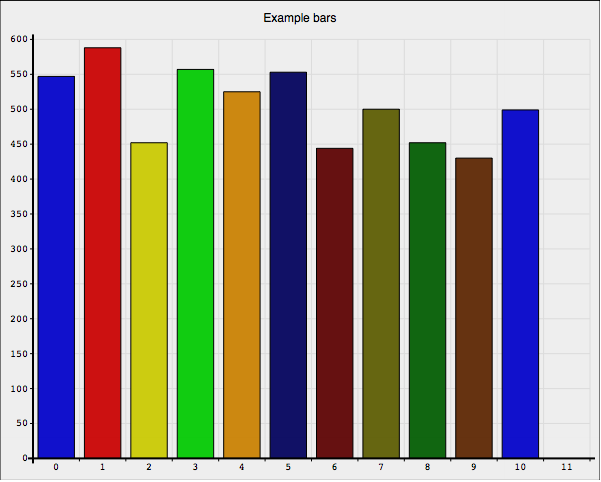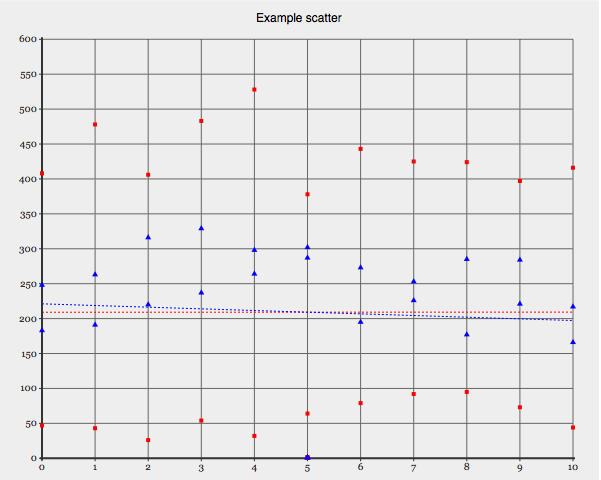jlaso / simple-stats
A simple system to log events in your PHP app
Installs: 25
Dependents: 0
Suggesters: 0
Security: 0
Stars: 3
Watchers: 1
Forks: 1
Open Issues: 0
pkg:composer/jlaso/simple-stats
Requires
- php: >=5.3.9
- goat1000/svggraph: ^2.23
- symfony/yaml: 2.*
- twig/twig: ~1.0
Requires (Dev)
- mockery/mockery: 0.9.1
- phpunit/phpunit: ~4.0
- symfony/console: 2.4.1
This package is auto-updated.
Last update: 2026-02-15 13:38:14 UTC
README
A simple system to log events in your PHP app
Installation
You need only to require this package in your project composer require jlaso/simple-stats
Configuration (optional)
In order to let know the library where it can put it's database file and other things related with setup you can copy the distribution file config-stats-base.yml.dist in the root of your project with the config-stats-base.yml
This file contains:
database:
driver: pdo_sqlite
path: "%project_dir%/app/cache/simple_stats.sqlite"
charset: UTF8
models:
- clicks
- ips
- logins
The database key configures how the sqlite will work, and the models key informs SimpleStats about the events we want to register. Any change on any of these keys requires remove the sqlite database file in order that SimpleStats recreates new one.
For the moment no migration process is allowed.
Info
That library uses svg files in order to show the results of the statistics.
Commands
In order to check the examples I provided a couple of commands that you can start from terminal
Create demo data
Create thousand of records in every event table with invented data.
src/console database:create-and-seed
Create a graph svg file with the data
src/console graph:create --graph=scatter --event="clicks,ips,logins" --title="Events by day"
open temp.svg.html
As you can see you can just pass one event table or several separated by commas. The output default file is temp.svg.html.
Graphs provided
As I told you the system uses a third party SVG library in order to represent statistical data.
For the moment there are this graph available:
Bar
Use: Data ordered in a bar or piles way
Scatter
Use: Data with X reference (2d) with one or several dimensions
Running the examples
Go to terminal and start PHP listening in the root folder of the project php -S localhost:8000
Now you can go with your favourite browser to http://localhost:8000/samples/index.html
For the moment there are two examples. You have to see the same data in both, but using different technology. Just to show you how easy is to use this library.


